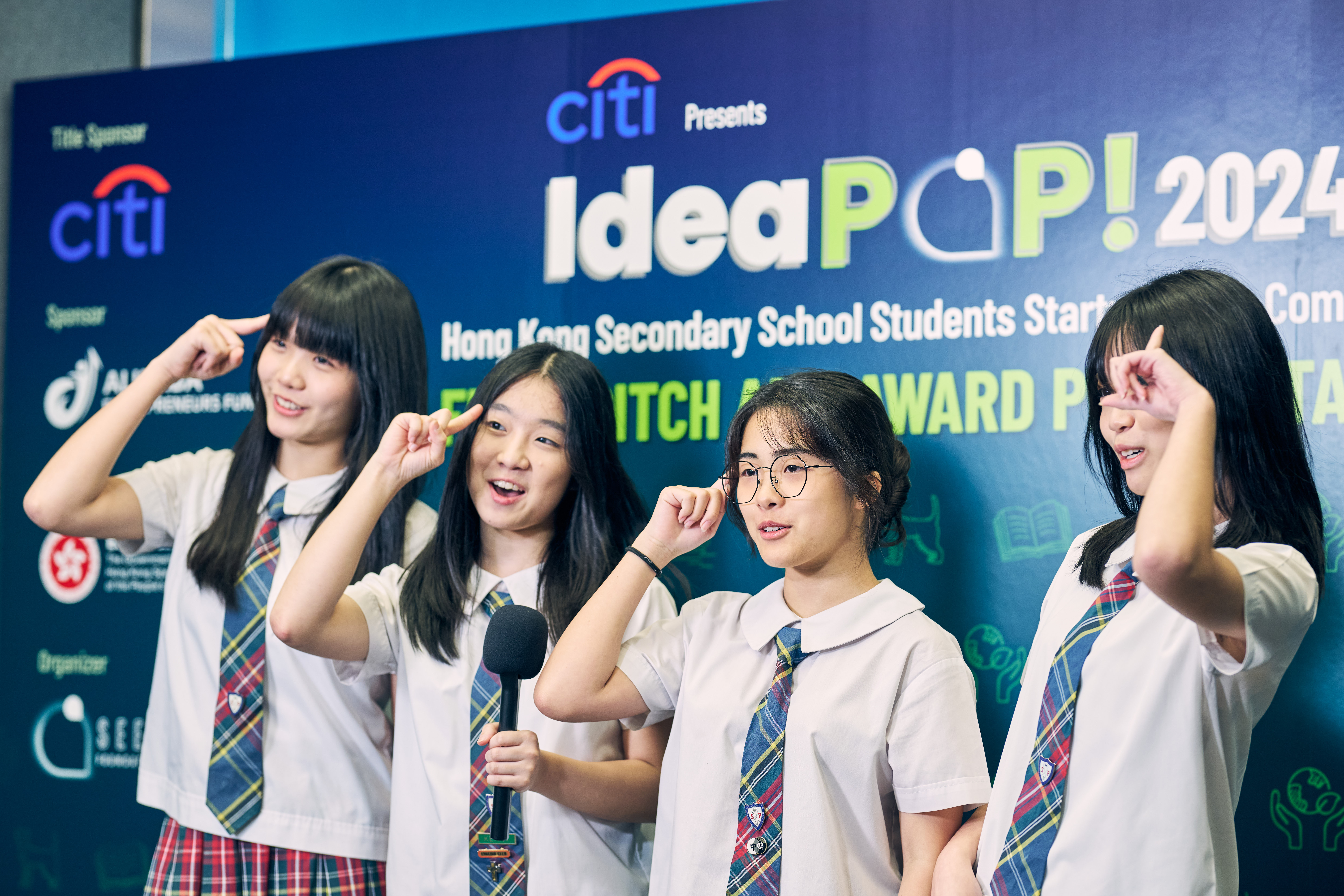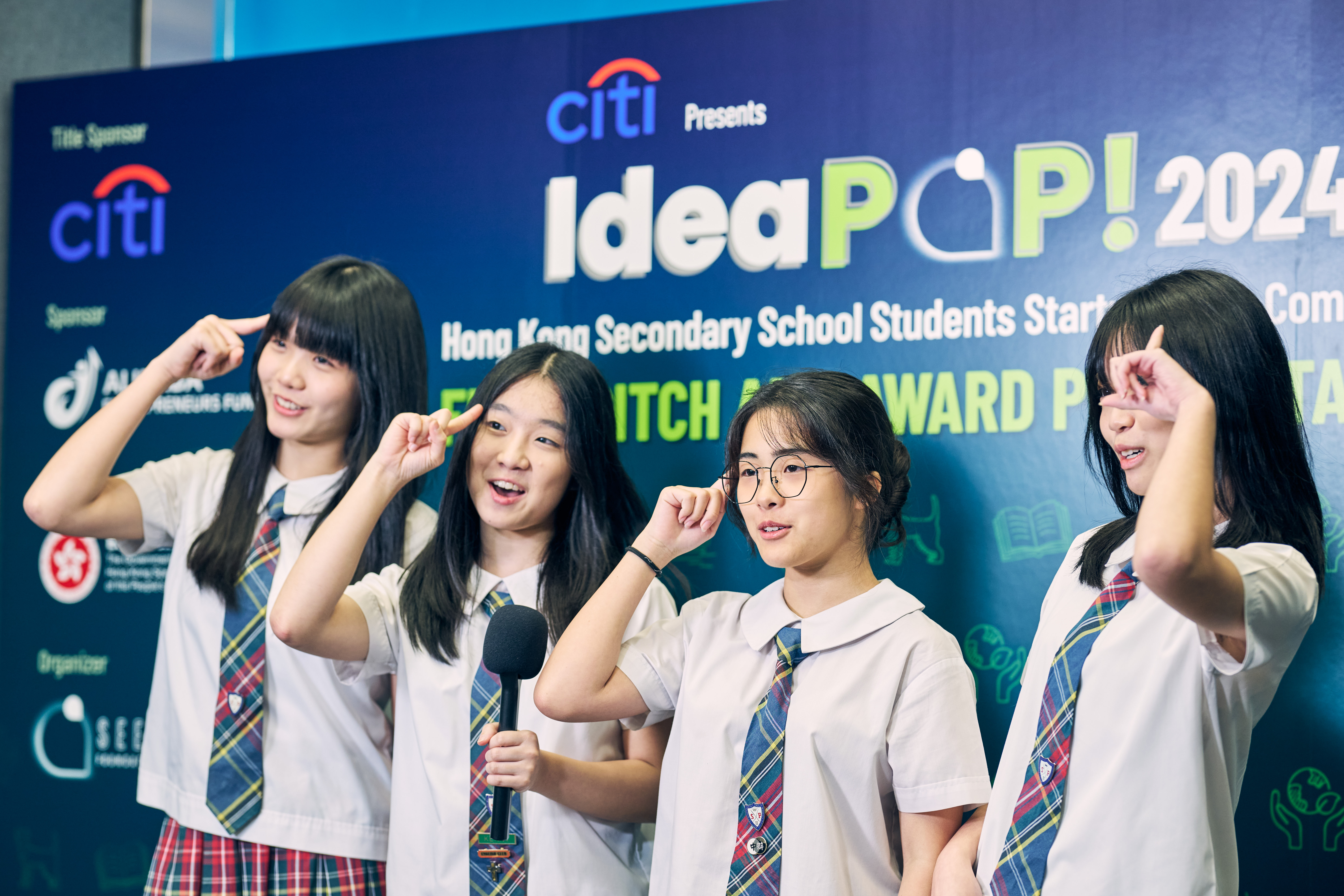Click here for original article on our LinkedIn page
It's widely recognized that creative thinking is increasingly valued in today's workforce. As digitization and artificial intelligence reshape our work environments, the emphasis has shifted from routine skills, susceptible to automation, towards innovation, creativity, and critical thinking.
A recent revelation from the Program on International Student Assessment (PISA) conducted by the OECD - OCDE , with Hong Kong as a participating economy, has particularly caught our attention. The 2022 report, which for the first time included "creative thinking" as a measurement domain, focuses on the world's 15-year-olds—the exact demographic our charity aims to support. This alignment makes the findings incredibly relevant to our mission at IdeaPOP!:
- “Big” and “Little” Creativity: The report distinguishes between "Big-C" creativity—breakthroughs in arts and technology—and "Little-c" creativity, which involves everyday problem-solving and innovation. IdeaPOP! nurtures "Little-c" creativity in students, preparing them for "Big-C" achievements by deepening their knowledge across various domains.
- Cognitive Processes: PISA introduces divergent and convergent thinking as key to creativity. While IdeaPOP! has traditionally focused on the convergent process, refining business proposals, we are now inspired to also reward divergent thinking, encouraging students to explore multiple solutions to given challenges.
- Expression Across Domains: Creativity manifests in written, visual, social, and scientific contexts. At IdeaPOP!, while the core challenge lies in social problem-solving, we're consistently impressed by the written and visual creativity displayed in student presentations.
This report is not just an academic document but a treasure trove of actionable insights for educators, mentors, and even parents. Unfortunately, much focus has been placed on comparative rankings, overshadowing the crucial narrative that creative thinking skills are teachable—albeit only half of the students believe they can enhance their creativity, a mindset which potentially limits their innovative capacities.
Another alarming finding from the OECD’s 2023 survey indicates that 15-year-olds report feeling less creative than their younger, 10-year-old counterparts—a trend that may stem from educational systems which often prioritize compliance and reward students for adhering to established norms rather than fostering a spirit of inquiry and innovation.
The report has come at a perfect timing to boost our confidence in continuing the offering of the IdeaPOP! competition to secondary school students as an out-of-classroom learning experience, while we are in the process of getting feedback from this year’s participants to further fine-tune our program. As a charity, we are privileged to design and implement programs that timely address the needs of students. We eagerly look forward to expanding our partnerships and continuing our mission to foster a generation of innovative thinkers.



